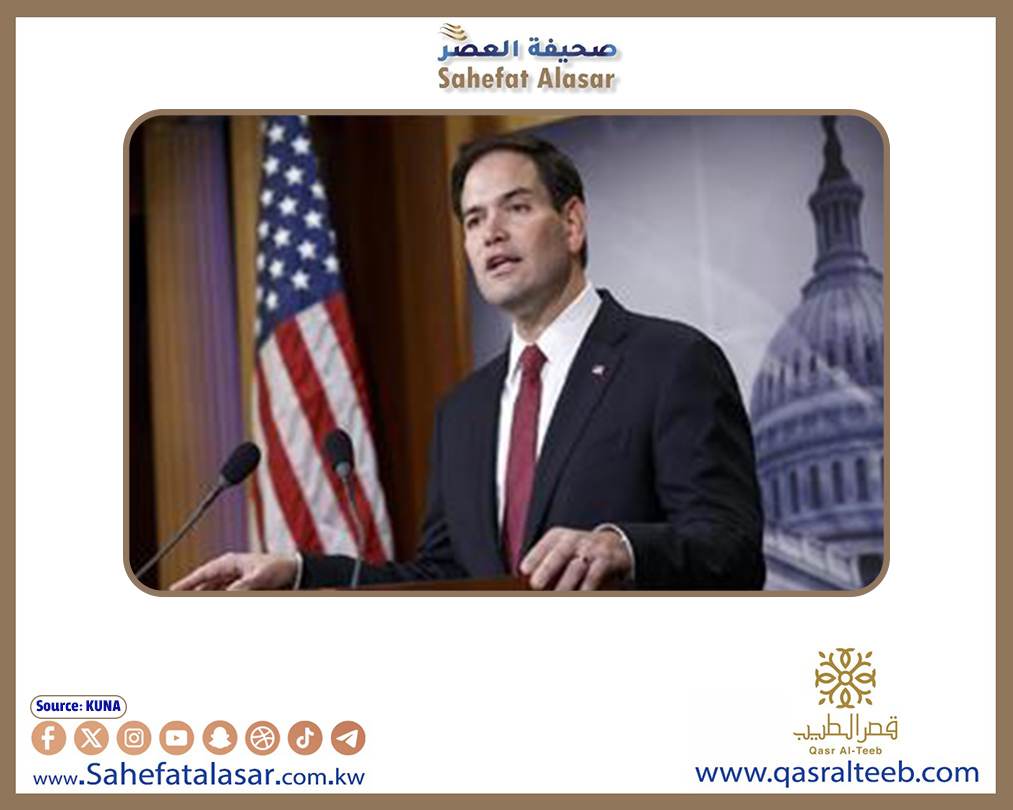


U.S. Secretary of State Marco Rubio issued a 180-day sanctions waiver for Syria on Friday under the 2019 Caesar Syria Civilian Protection Act, marking a significant step in implementing President Trump's pledge to ease sanctions on the country.
Duration: 180 days (effective immediately)
Legal Basis: 2019 Caesar Act (signed by President Trump)
Primary Objective: Facilitate recovery and humanitarian efforts while maintaining pressure on the Syrian government
Critical Infrastructure Support:
Electricity, water, and sanitation projects
Energy sector rehabilitation (excluding oil and gas)
Humanitarian Operations:
Expanded aid delivery across Syria
Medical and food supply imports
Financial Transactions:
Licensed banking channels for approved NGOs and investors
"This waiver ensures U.S. sanctions do not hinder our partners' ability to make investments that support stability, recovery, and reconstruction in Syria. It will improve electricity, water, and sanitation access while enabling a more effective humanitarian response nationwide."
Trump Administration's Vision: Rubio described this as the "first step toward President Trump’s vision for a new U.S.-Syria relationship."
Expectations from Syria: The U.S. expects "swift action by the Syrian government on key political priorities" in return.
Recent Diplomatic Shifts: Follows Trump’s May 13 decision to lift sanctions on Damascus, signaling Washington’s openness to engagement with Syria’s new leadership.
Enacted in December 2019 to pressure the Assad regime
Imposes travel bans and financial freezes on individuals obstructing peace in Syria
Targets foreign backers of the Syrian government
U.S. Treasury to issue detailed guidance for compliance
Monitoring Mechanism: Strict oversight to prevent sanctions evasion
Potential Further Easing: Conditional on Syria’s cooperation with political reforms
UN & NGOs: Welcome expanded humanitarian access
Syrian Opposition: Cautious, demands guarantees against regime abuse
Russia/Iran: Skeptical, view it as a tactical U.S. move
